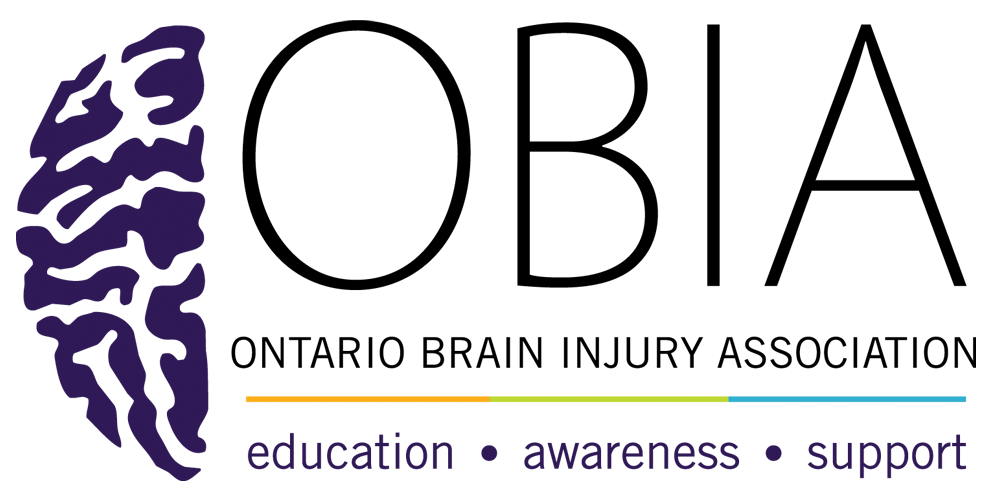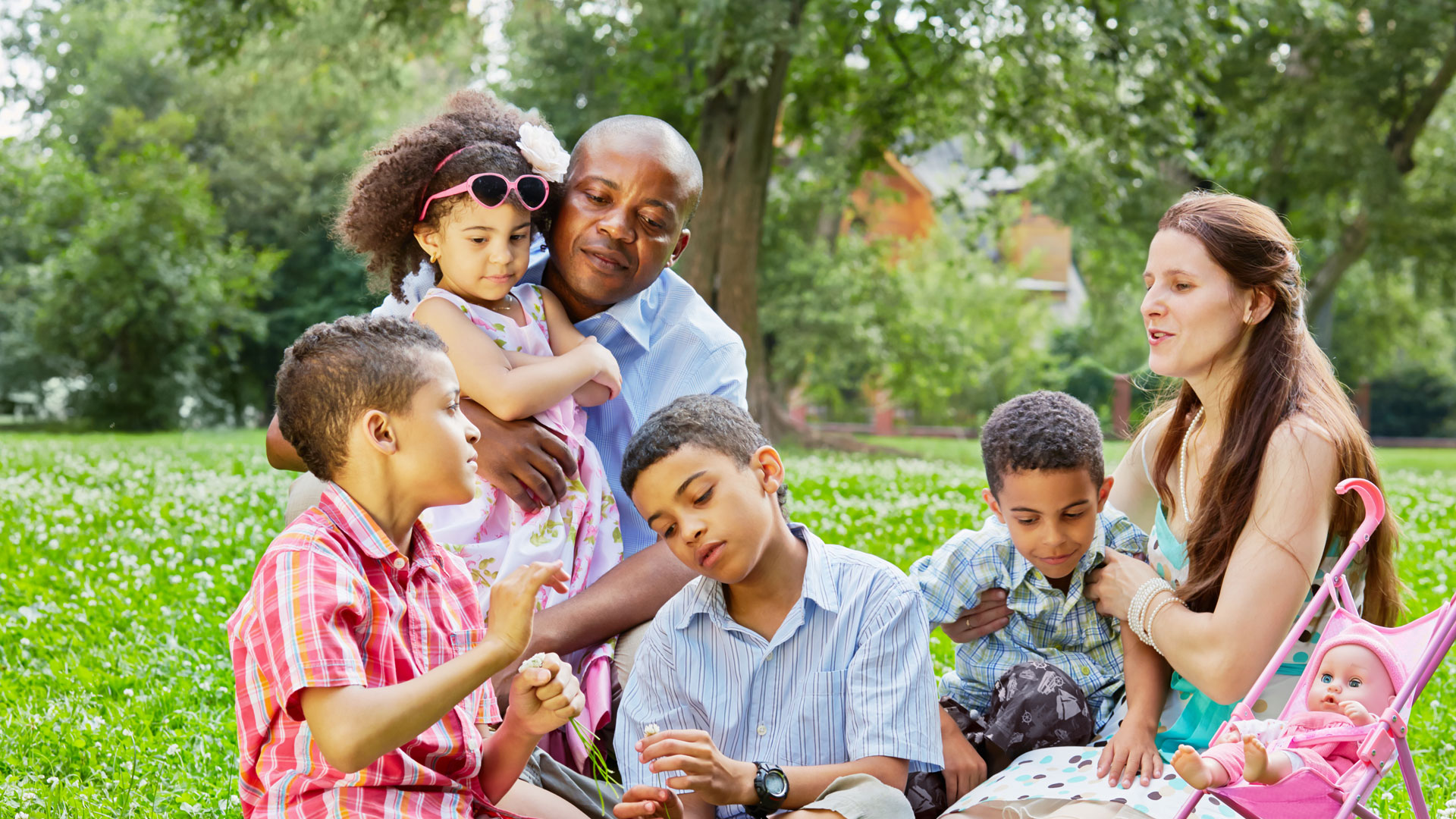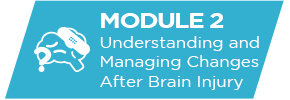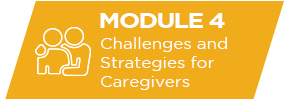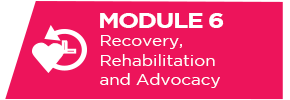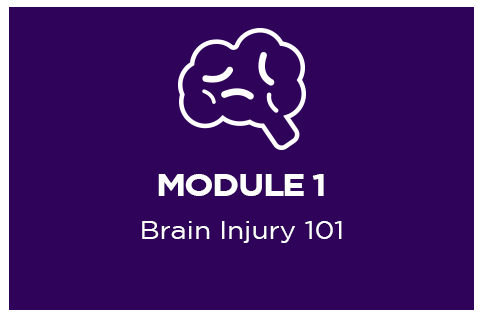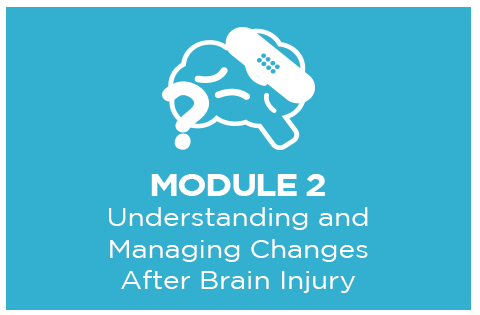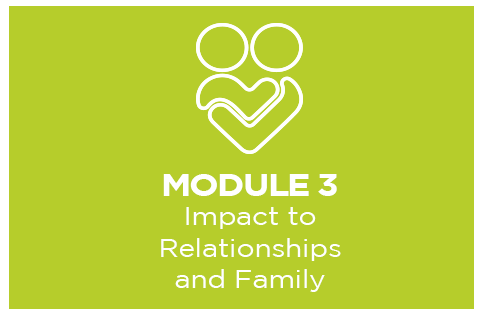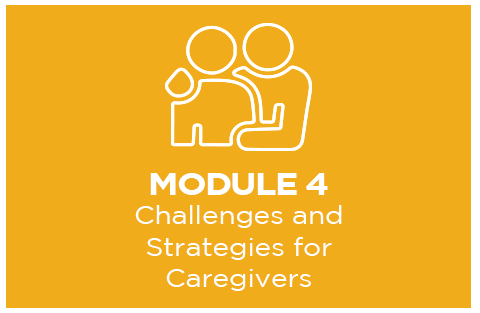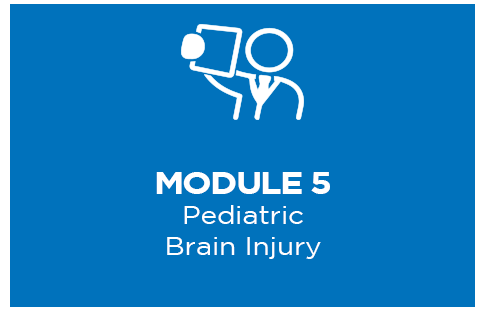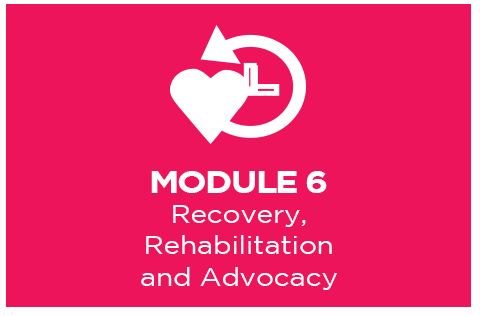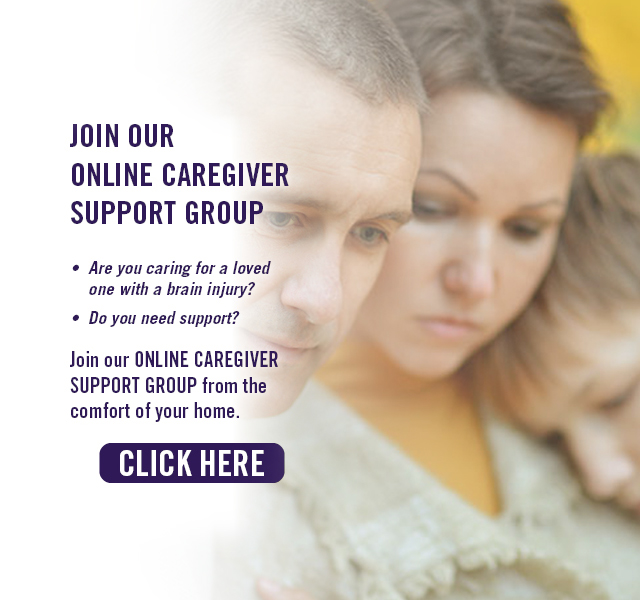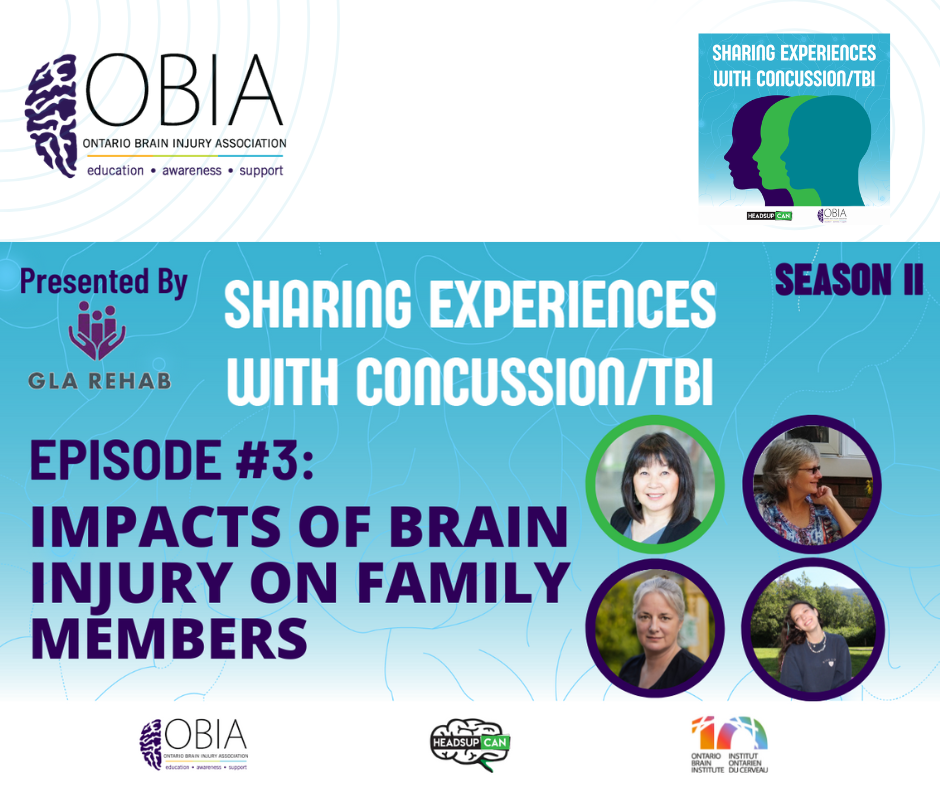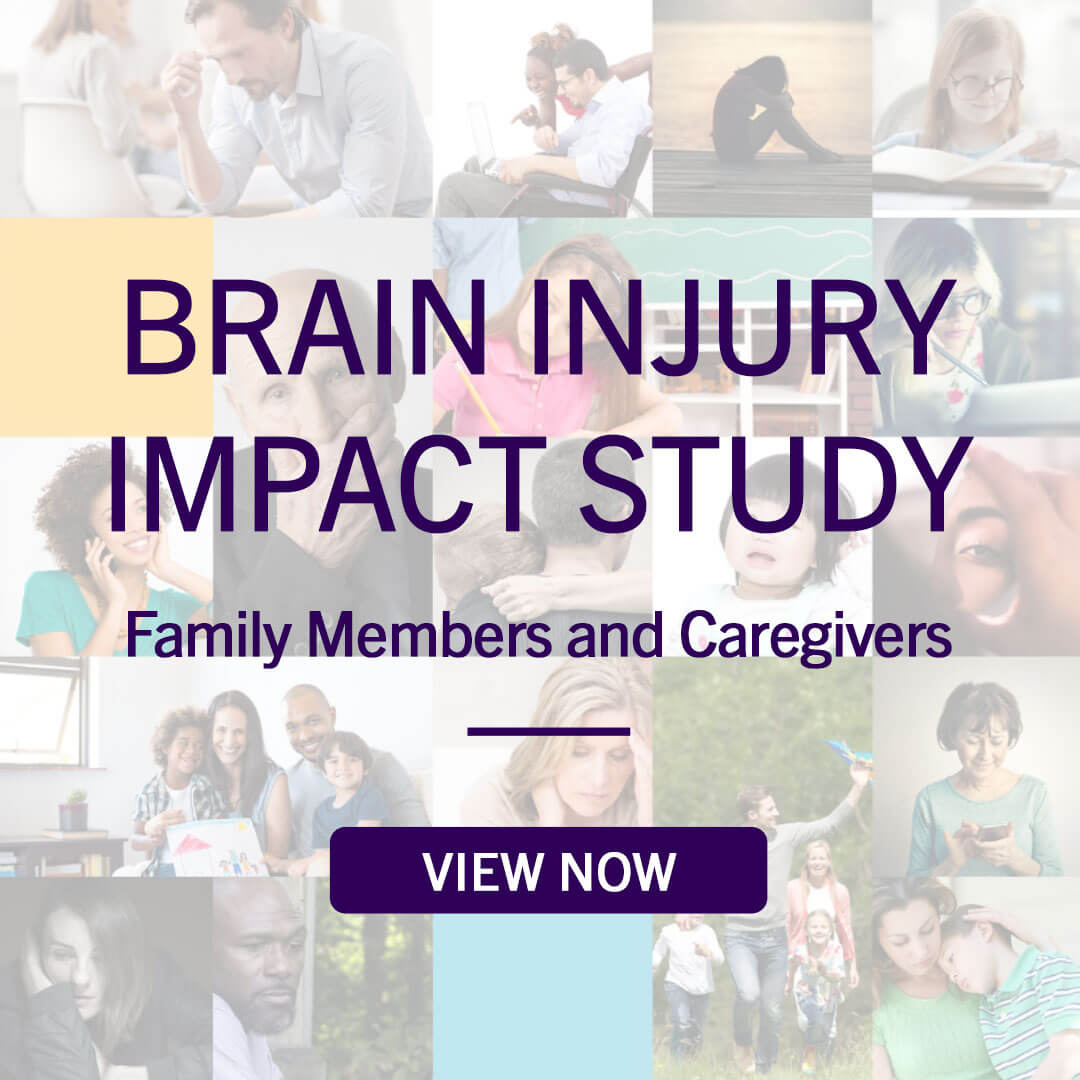The Ontario Brain Injury Association (OBIA) is a provincial, not-for-profit, charitable organization. Our mission is to enhance the lives of Ontarians living with the effects of acquired brain injury (ABI) through education, awareness and support.
OBIA’s Services Include:
• Helpline 1-800-263-5404
• Personal advocacy and support
• Training and education for families and professionals
Sharing Experiences with Concussion/TBI – Episode 3
Join Registered Psychotherapist, Caron Gan as she dives into a heartfelt conversation with Anne (a spouse of someone who sustained a brain injury), Stacey (mother of a child who sustained a brain injury), and Madeline (sister to a sibling who sustained a brain injury), who have seen firsthand the severe impacts a brain injury can have on a loved one.
Watch the video to hear their powerful stories of challenge and triumph.
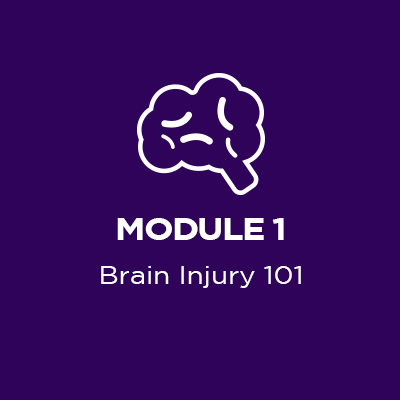
Brain Injury 101 gives a brief overview of the brain. This module discusses the regions of the brain and their functions, types of brain injuries and what happens to the brain during an acquired brain injury.
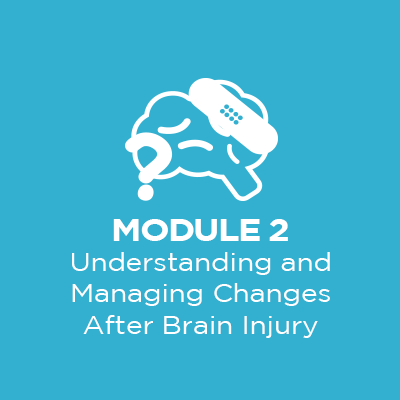
Understanding and Managing Change after Brain Injury explores the changes your loved one may experience following a brain injury. This module explains how the physical, cognitive, and emotional changes present, their possible causes and complications, and what you can do to help manage these challenges.
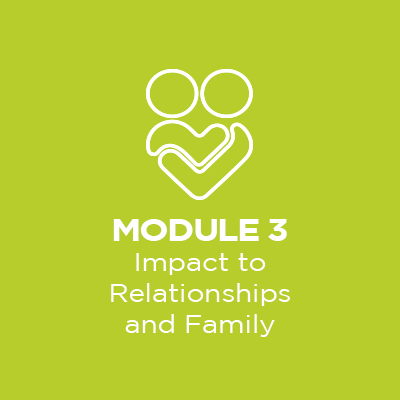
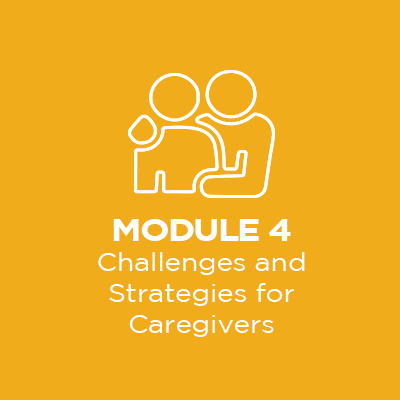
Challenges and Strategies for Caregivers discusses the many changes a caregiver experiences following a loved one’s brain injury. Caregiver’s feelings and emotions, stress, burden and burnout are explained and coping strategies are provided to help you manage these experiences.
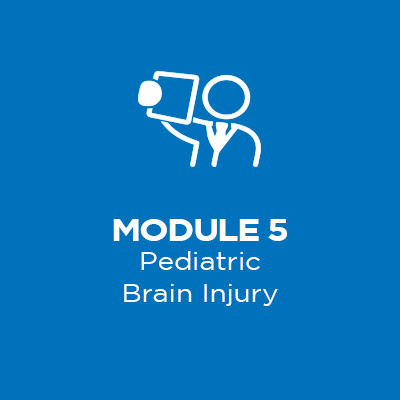
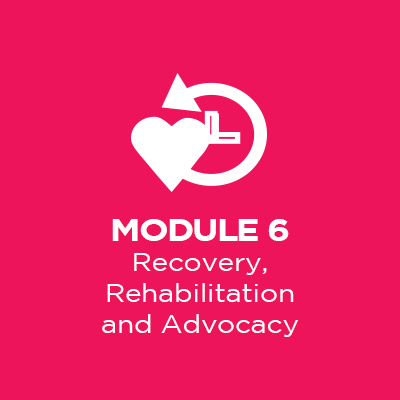
Recovery, Rehabilitation, and Advocacy discusses the different stages of recovery and rehabilitation, the circle of care team around an individual following a brain injury and the seven steps to advocacy.

Brain Injury 101 gives a brief overview of the brain. This module discuss the regions of the brain and their functions, types of brain injury and what happens to the brain during an acquired brain injury.

Understanding and Managing Change after brain injury explores the changes your loved one may experience following a brain injury. This module explains how the physical, cognitive, and emotional changes look, their possible causes and complications, and what you can do to help manage these challenges.


Challenges and Strategies for Caregivers discusses the many changes a caregiver experiences following a loved one’s brain injury. Caregiver feelings and emotions, stress, burden and burnout are explained and coping strategies are given to help you manage these experiences.


Recovery, Rehabilitation, and Advocacy discuss the different stages of recovery and rehabilitation, the circle of care team around an individual following a brain injury and the seven steps to advocacy.
